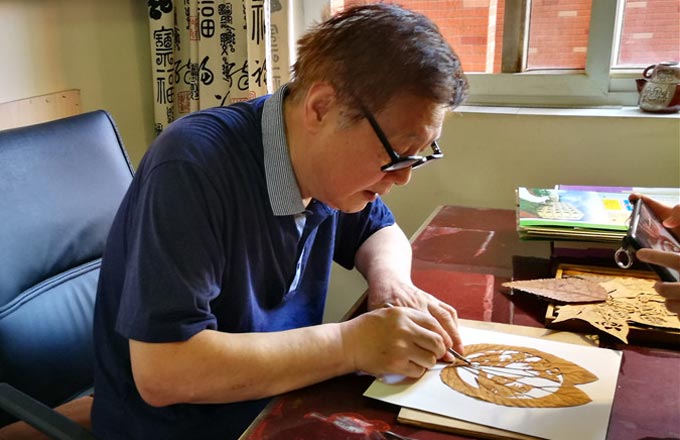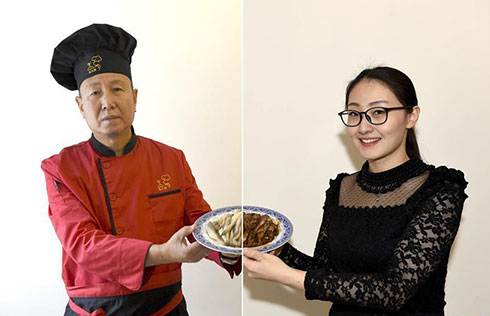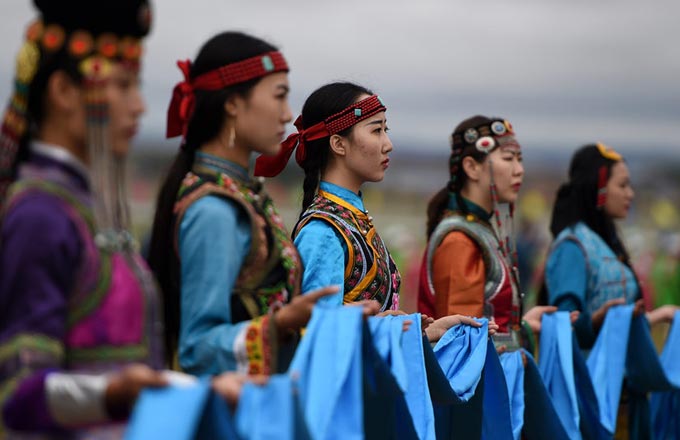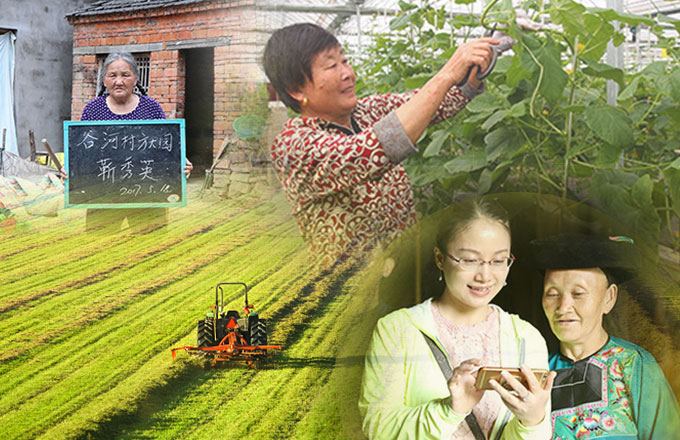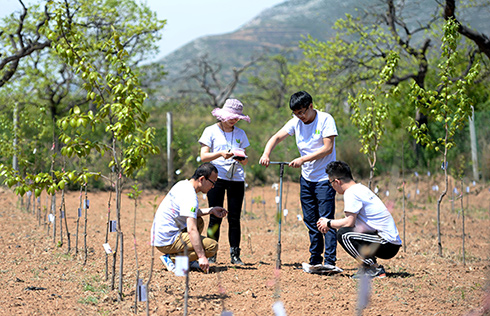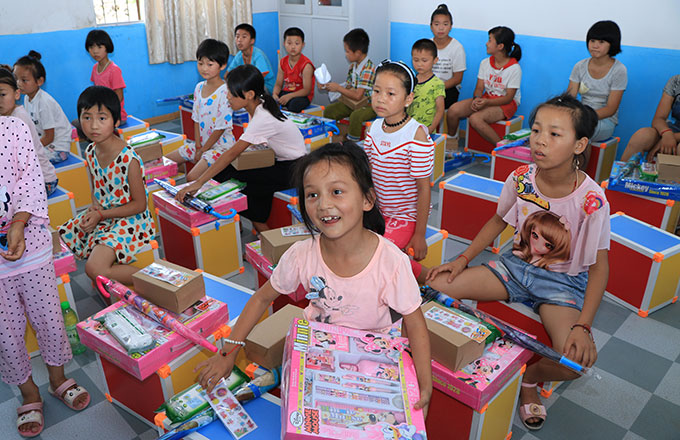Accomplished doctor finds rewards in remote region
The van started and gradually drove away, but Ye Ying didn't look back. It wasn't because she didn't want to. She was afraid she couldn't hold back the tears when she saw her beloved family seeing her off in the cold February wind in Xuzhou, Jiangsu province.
Ye, 47, chief physician in the intensive care unit of the Hospital affiliated with Xuzhou Medical University, is the only woman among the 20 doctors on assignment for a year and a half to support medical development at People's Hospital of Kezilesu Kirgiz autonomous prefecture in the Xinjiang Uygur autonomous region.
"I had a fierce inner struggle when I was heard about the assistance assignment. My parents and parents-in-law are in their 80s and need my care," she said. "My daughter is applying for the graduate school at a medical university and needs my coaching."
Ye relocated from Xuzhou to the far western border of China in February to assist Xinjiang in its development of medical services. According to Jiangsu Health and Family Planning Commission, 580 high-level medical experts like Ye have been sent to Xinjiang since 1997. They are part of a national assistance campaign to help the region develop.
When Ye arrived in the border area, she found that local people lacked the most basic health information, which in many cases led to disease. That's why Ye strongly advocates making health checks available free, even at a herdsman's doorstep if necessary.
The homes of herdsmen are remote, with long distances in between. Usually unreachable by any sort of modern transportation, the outsiders may walk many kilometers to connect with a resident.
There's no examination table. A patient getting an exam is more likely to be sitting on the ground, and a doctor may have to kneel to get a blood pressure reading.
"Most doctors are obsessive about cleanliness. But the first time we went there, we were appalled at how poor the sanitary conditions were," Ye said. "Access to running water is too big a request. For follow-up health checks, we would carry our own antiseptic liquids and water."
Though far from her home and family, Ye persists. Her relatives are understanding.
"It's my parents who first encouraged me to take up the assignment. My father, who is also a doctor, even went to the hospital to tell me to go to Xinjiang. He has the dedication of the old generation of doctors," Ye said.
Though the task is not easy, Ye has no regrets. "My personal sacrifice is for the benefit of many more," she said.
Li Lei contributed to this story.








